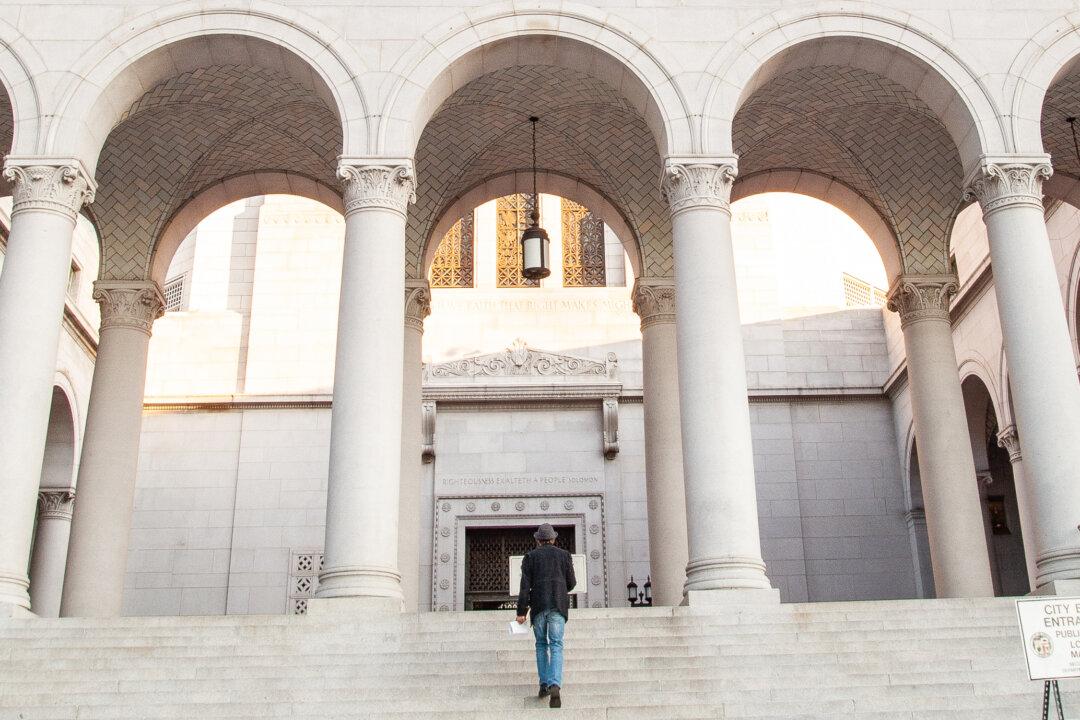The City of Los Angeles will seek increased rental subsidies to house its growing homeless population, particularly those with physical and mental health concerns.
The city voted to advance the Housing Now Fund on Sept. 21, which would partner with Los Angeles County’s Department of Health Services to instruct the city administrative officer to find funds available to increase flexible rental subsidies and provide physical and mental health services for 10,000 homeless people.





